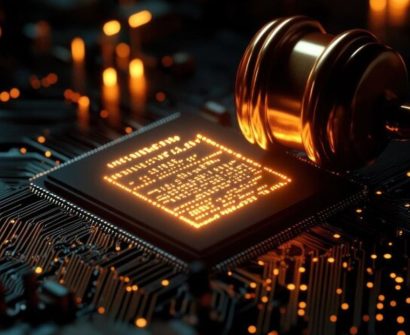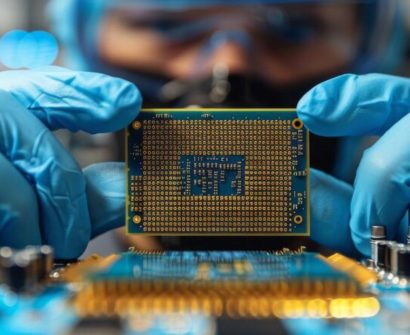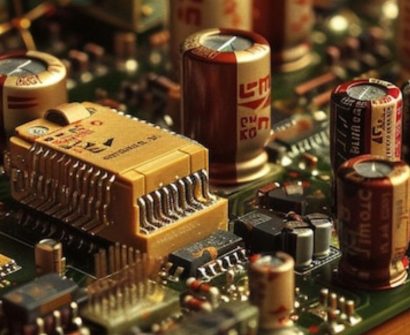
What is Analog VLSI Design?
Analog VLSI (Very-Large-Scale Integration) design is a critical area of electronics engineering that deals with the creation of integrated circuits (ICs) which process analog signals. Unlike digital circuits that handle binary data, analog circuits deal with continuous signals, making them essential for applications such as audio processing, radio frequency communication, and sensor interfacing.
Principles of Analog VLSI Design
This design field is built on several core principles, crucial for developing efficient and reliable circuits:
1. Signal Integrity
Maintaining signal integrity is paramount. This involves ensuring that the analog signals are not distorted or degraded as they pass through various components of the IC. Designers must consider factors like noise, interference, and crosstalk to preserve signal quality.
2. Power Consumption
Analog circuits are often used in battery-powered devices, so minimizing power consumption is essential. Techniques such as biasing and power management are employed to achieve low-power design while maintaining performance.
3. Noise Management
Noise can significantly impact the performance of analog circuits. Designers use various techniques to minimize noise, including proper grounding, shielding, and the use of low-noise components.
4. Linear and Non-Linear Behavior
Understanding both linear and non-linear behaviors of components is crucial. Linear circuits, like amplifiers, maintain proportionality between input and output, while non-linear circuits, like oscillators, exhibit complex behaviors that must be precisely controlled.
Applications of Analog VLSI Design
This design field finds applications in a wide range of fields, each requiring unique design considerations:
1. Audio Processing
It is fundamental in audio processing applications. It enables the design of high-fidelity audio amplifiers, equalizers, and filters used in music production, hearing aids, and consumer electronics.
2. Radio Frequency (RF) Communication
RF communication relies heavily on analog circuits. This design is used in creating transceivers, mixers, and modulators for applications like mobile phones, wireless networks, and satellite communication.
3. Sensor Interfaces
Analog circuits interface with various sensors, converting real-world signals (temperature, pressure, light) into readable electronic data. These interfaces are critical in medical devices, automotive systems, and industrial automation.
4. Power Management
Power management ICs (PMICs) are essential in modern electronic devices, ensuring efficient power distribution and battery management. This design is crucial in developing these PMICs to enhance device performance and longevity.
5. Automotive Electronics
The automotive industry leverages analog VLSI for applications like engine control units (ECUs), infotainment systems, and advanced driver-assistance systems (ADAS). These applications require precise analog signal processing to ensure safety and reliability.
The Future of Analog VLSI Design
As technology continues to advance, the role of this design becomes even more significant. Innovations in areas like the Internet of Things (IoT), wearable technology, and biomedical devices drive the demand for sophisticated analog circuits. Future trends include the integration of analog and digital components on a single chip (mixed-signal design), development of ultra-low-power circuits, and the use of advanced materials for better performance.
Conclusion
Analog VLSI design is a vital field that underpins many modern technologies. Its principles of maintaining signal integrity, managing power consumption, and minimizing noise are essential for creating efficient and reliable analog circuits. With its wide range of applications, from audio processing to automotive electronics, analog VLSI design continues to play a crucial role in the advancement of electronics.
Also Read : fpga architecture in vlsi
To know more about VLSI Course , SuccessBridge VLSI training institute. You can begin your VLSI career by enrolling in the placement-assisted live courses available at SuccessBridge We offer various VLSI online courses. We offer VLSI Physical Design course, Design Verification course, DFT Training , Chip design course many more. Explore VLSI Courses From The Leaders In VLSI Training
By understanding and applying the core principles and recognizing its diverse applications, engineers can drive innovation and contribute to the evolving landscape of technology.






